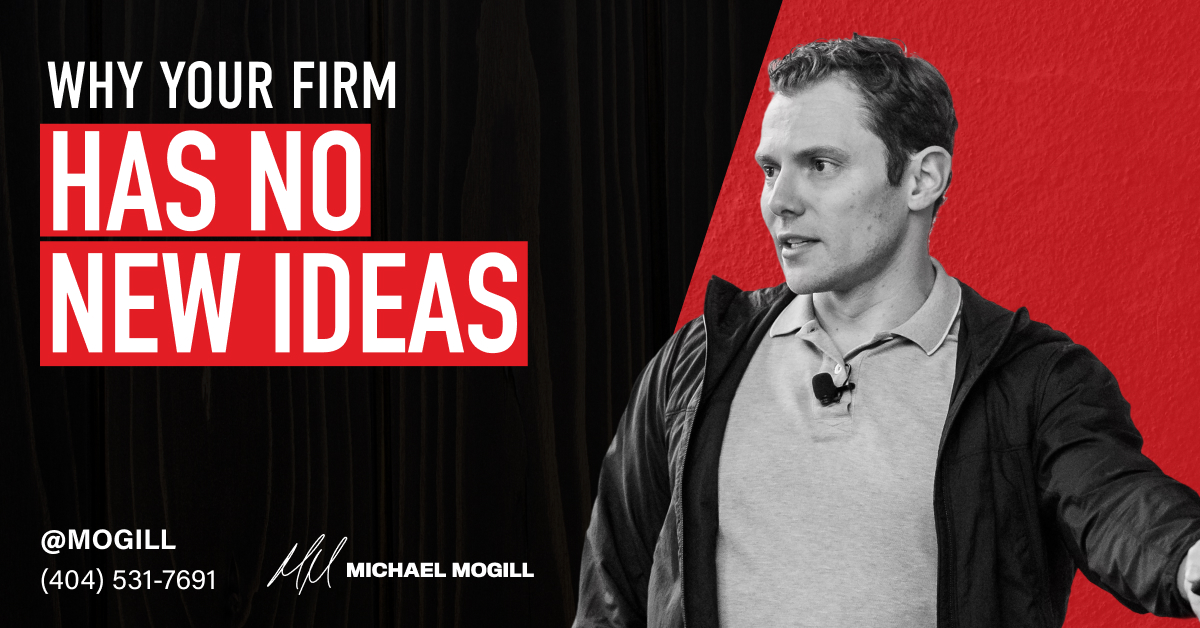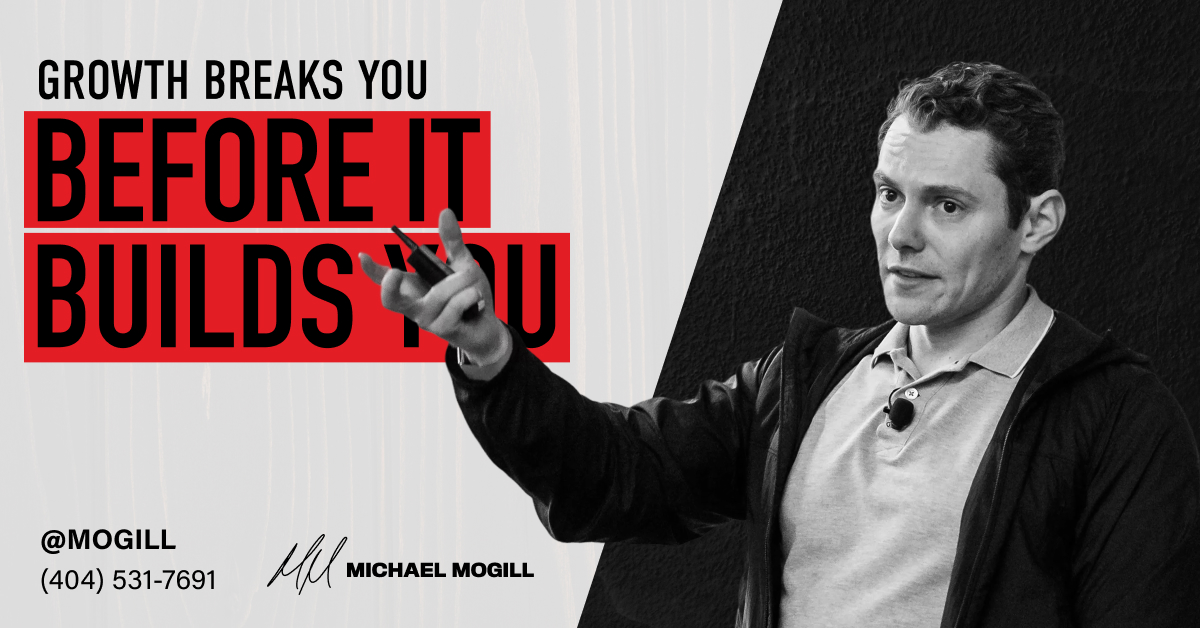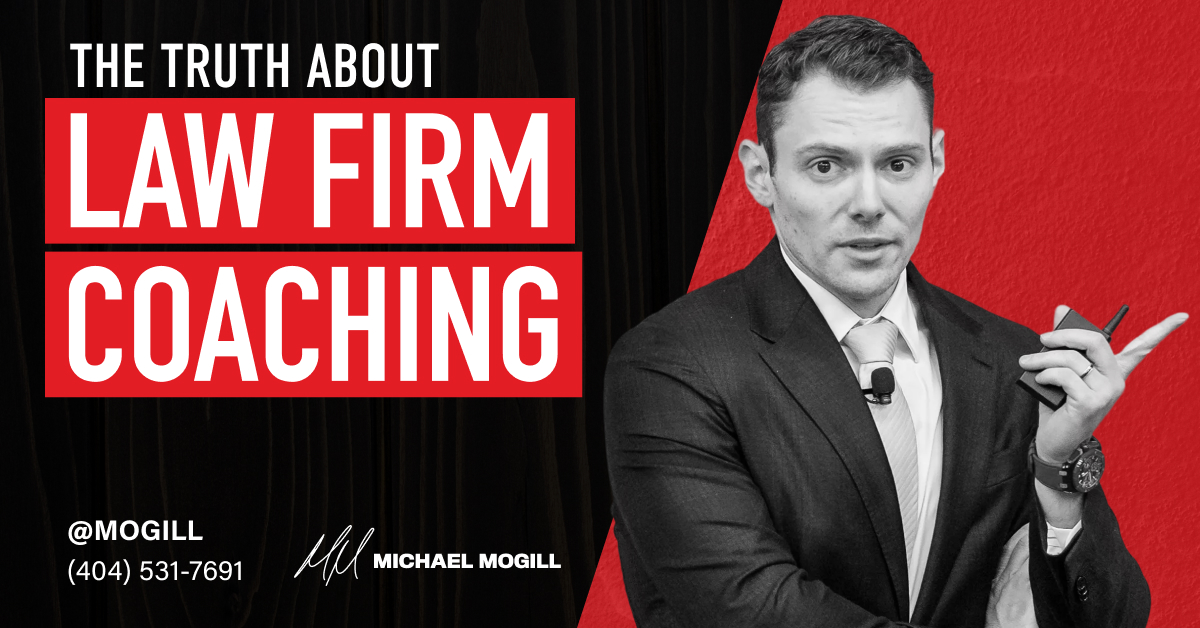News flash: when you’re freaking out, your team can tell. You don’t have to say anything; just showing up to your office disheveled and inattentive is enough. They’ll hear it in your tone, see it in your eyes, and sense it in every rushed decision or a clipped response. Your energy will ripple across the room.
Here’s the problem: as a leader, your job, among other things, is to provide your team with a sense of confidence and stability. When your team doesn’t have confidence in you as a leader, they start losing confidence in the company.
Why would the boss be stressed if the company isn’t in trouble? Your team would get a sense that the stable ground they’ve been standing on — that they rely on for bills, their families, their lifestyle — is suddenly shaky and not to be trusted. Soon enough, they’d get to updating resumes and head to job boards in search of other opportunities.
I think about this every time I step into our monthly all-hands meeting. Every month, I stand in front of an entire company and talk about where we’re headed, what’s working, what’s not, and what’s next. If I walked up to them looking like I hadn’t slept, mumbling, looking scattered and unfocused, no one would hear a word I said. They would just see chaos. And their confidence in me would shake.
The truth is, leadership starts with how you lead yourself. You can’t expect others to stay calm, focused, and professional if you’re losing control. You can’t build trust if you’re reactive to every problem or visibly running on fumes. Your team takes their cues from you; your energy sets the tone. If you show up stressed and short-tempered, that will infect the culture. If you show up calm, steady, and composed — that will.
That’s why taking care of yourself isn’t selfish — it’s essential. You can’t pour into others on an empty tank. You have to prioritize rest, nutrition, and downtime to recharge and keep up your health. The goal shouldn’t just be making it to Monday. It should be showing up rested, restored, and reenergized to tackle the week.
Because if you do, the people around you will start to model the same behavior. They’ll begin taking their cues from you, understanding that composure isn’t weakness but strength; they’ll realize that calm doesn’t mean passive, and that clarity comes from discipline.
And what happens to a company full of people like that? It never stops innovating and growing.
You can’t expect your team to trust you if you can’t trust yourself. You can’t expect them to feel safe if your behavior tells them you’re barely holding it together. That doesn’t mean lying to them and putting on a facade if the company is truly in trouble. Every time you react out of short-term emotion, you trade confidence for chaos. But every time you pause, breathe, and respond with intention, you build credibility. That’s the foundation of leadership.
So before you walk into your next meeting, take a moment to check in with yourself. Are you leading from calm or from chaos? Are you grounded, or are you spiraling? Because if you’re freaking out, your team can feel it. But if you’re centered, focused, and in control, they’ll feel that too.






